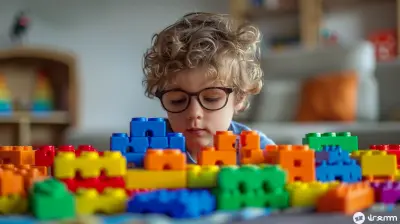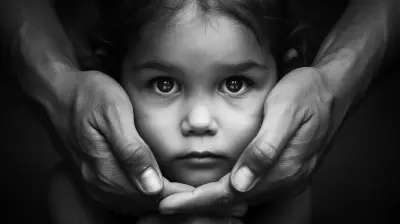Social Connections as a Pillar for Burnout Prevention
28 October 2025
Burnout—it’s more than just stress. It’s that deep, soul-sucking exhaustion that leaves you wondering if you’ve hit a wall you can’t climb. While we often look to time management hacks, meditation apps, or even a two-week vacation to fix it, the truth is: meaningful social connections are one of the most powerful tools we have to prevent burnout.
So, let's talk about it—honestly, casually, and in a way that gives you real-life tools to tackle burnout before it takes over.

What Exactly Is Burnout?
Alright, before we dive into the feel-good stuff, let’s clear up what burnout actually is. You know that mix of mental, physical, and emotional fatigue you sometimes carry like a heavy backpack? That’s burnout knocking. It shows up as:- Chronic exhaustion
- Cynicism towards your job or life in general
- Feeling like nothing you do is good enough
- A growing disconnect from things you used to care about
And here’s the kicker—it doesn’t just affect workaholics or people with high-pressure jobs. Stay-at-home parents, students, caregivers—the list goes on. We're all at risk.
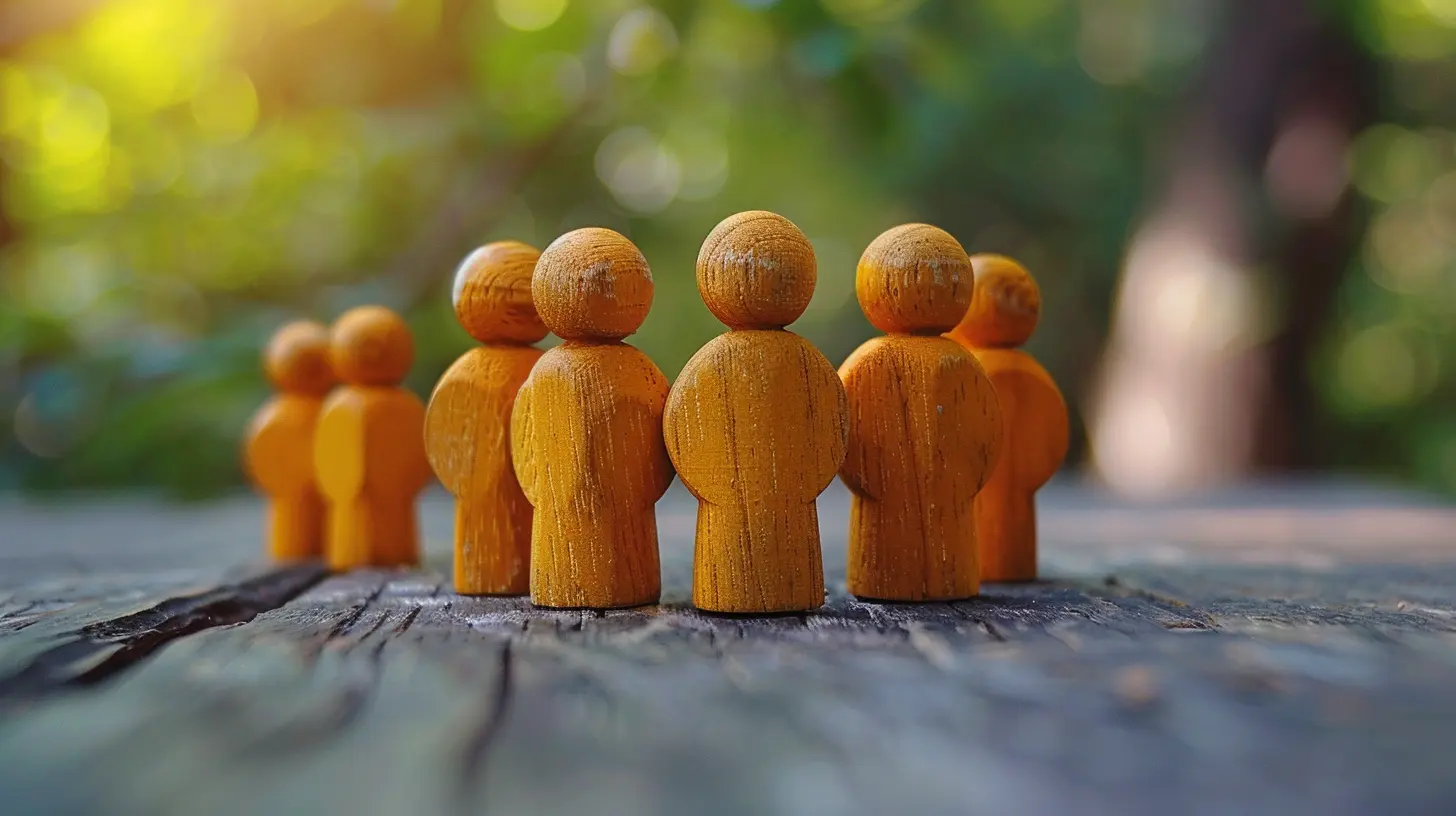
What Causes Burnout?
There’s no one-size-fits-all answer, but here are some of the usual suspects:- Overworking without proper rest
- Lack of control over your schedule or environment
- Poor work-life balance
- Isolation and lack of social support
That last one? That’s where the gold lies. The human need for connection is massive. When we ignore that, burnout doesn’t just sneak in—it walks right through the front door.
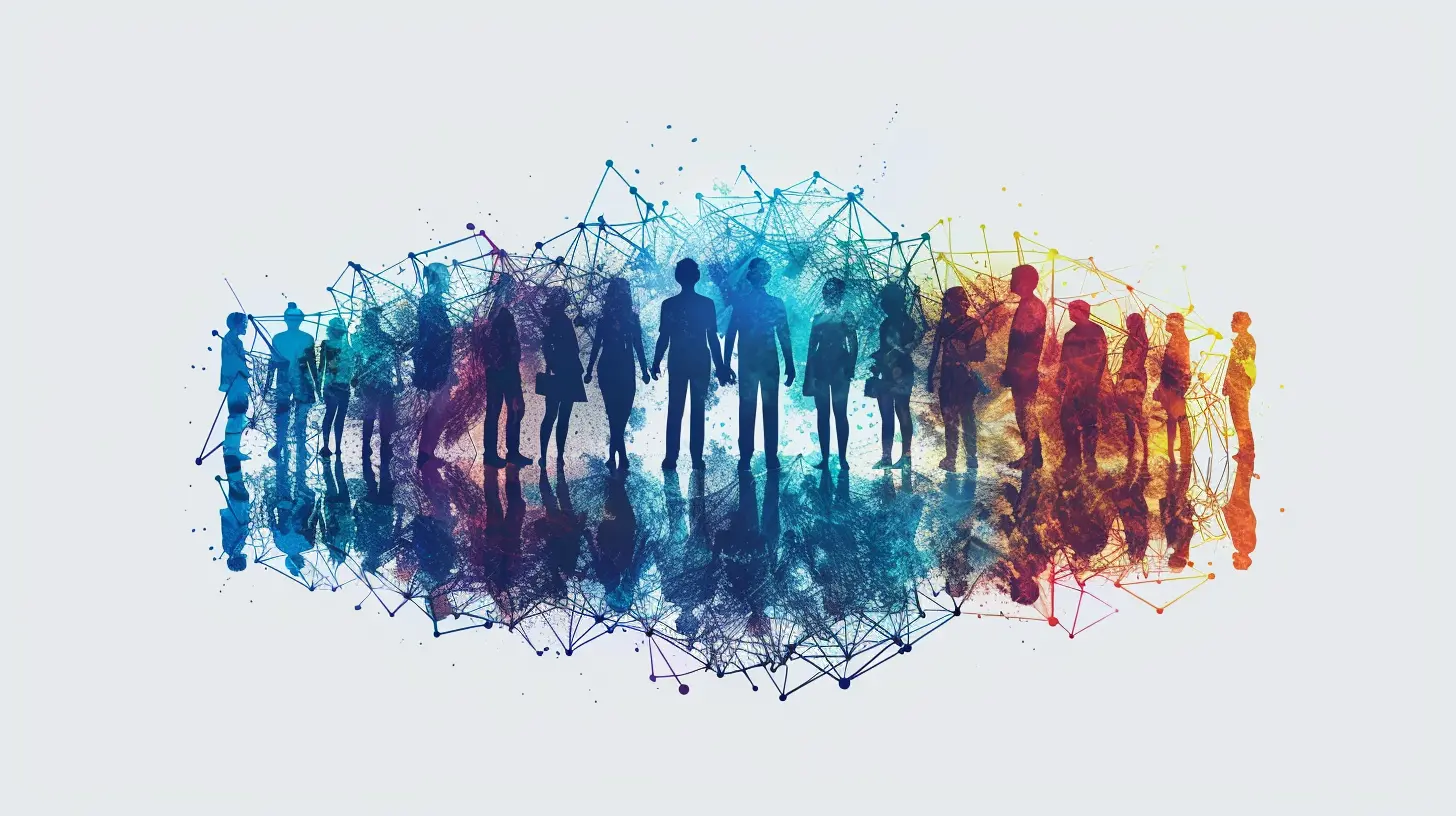
Why Are Social Connections Such a Big Deal?
Think about this: humans are wired for connection. Our brains literally light up when we’re engaged in positive social interactions. Having someone to vent to, laugh with, cry next to, or even share an eye-roll with after a long Zoom meeting—these connections ground us.Here’s why they matter:
- They offer emotional support when stress hits hard.
- They create a sense of belonging, which combats loneliness.
- They help us put things into perspective—sometimes you just need someone to say, “Hey, it’s not that deep.”
- They promote healthier habits—how many times have friends encouraged you to take a break or hit the gym?
So if you’ve been trying to fight burnout with coffee and silence, maybe it’s time to add people to the equation.
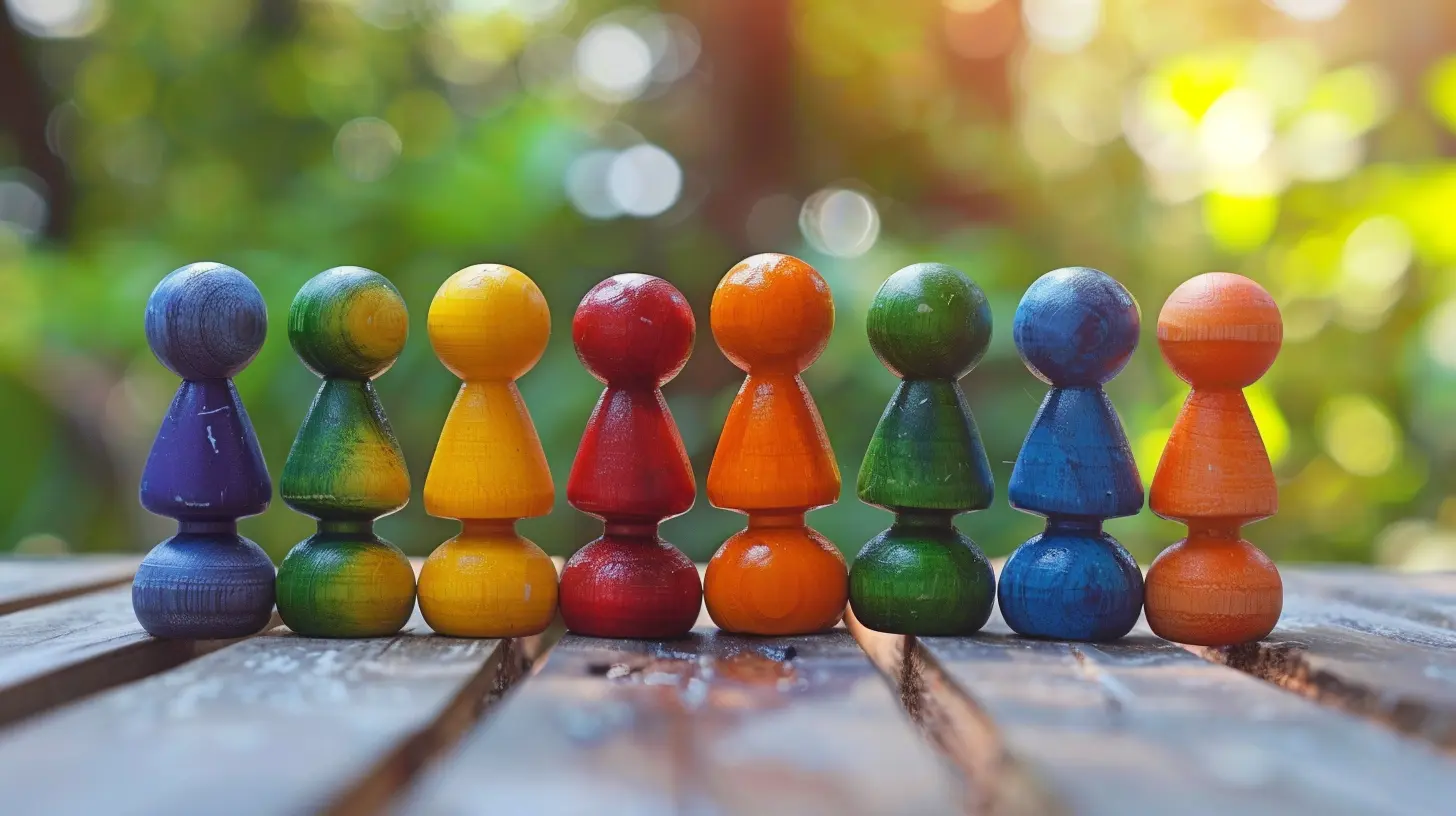
The Science Behind Social Connections & Burnout
Let’s get a little nerdy—for good reason. There’s neuroscience to back this all up.When we spend quality time with people we trust, our brain releases chemicals like:
- Oxytocin: Often called the “love hormone,” it helps reduce stress and promotes a sense of calm.
- Dopamine and endorphins: These neurotransmitters boost your mood and reduce pain.
- Cortisol reduction: Social support can lower cortisol levels (a major stress hormone), helping us feel more relaxed.
In other words, being with our people literally changes our brain chemistry. It’s less about "talk therapy" and more about wiring your brain to relax and reset.
Isolation: Burnout's Best Friend
Let’s face it, modern life breeds isolation. Remote work, social media scrolling instead of real chats, endless to-do lists—all of it makes it easy to become a lone wolf.And while solitude has its place, chronic isolation is dangerous. Studies have shown that loneliness increases stress, weakens immune function, and yes, accelerates burnout.
Without someone to turn to, small stressors turn into emotional quicksand. But when you’ve got a friend saying, “You’ve got this,” suddenly the burden feels lighter.
How Social Connections Shield You From Burnout
Here’s a breakdown of how being socially connected can act as a buffer against burnout:1. Emotional Outlet
Sometimes, you just need to let it all out—word vomit style. Trusted friends and loved ones provide a safe space to do that without judgment.2. Reality Check
Ever spiral into worst-case-scenario thinking? Connection brings clarity. A friend can help reset your mindset before stress becomes overwhelming.3. Encouragement and Accountability
Whether it’s reminding you to take your PTO or cheering you on to go for that promotion, healthy relationships keep you grounded and growing.4. Humor and Joy
Laughter truly is medicine. Funny memes, inside jokes, silly conversations—those little bursts of joy are huge when you're running on empty.5. Shared Resilience
In tough times, knowing someone’s got your back makes all the difference. Collective strength often outshines individual endurance.Building Meaningful Connections—Even if You're Busy (or Introverted)
Let’s be honest—it’s hard to make time for socializing when you’re barely staying afloat. And if you’re introverted or socially anxious? Yikes, even harder.But building meaningful connections doesn’t mean throwing a party every weekend or being the life of every group chat. Here's how to make it realistic:
Start Small
A five-minute check-in with a friend. A quick voice memo. A comment on someone’s story that turns into a convo. Baby steps matter.Prioritize Depth Over Frequency
You don’t need 50 acquaintances. A handful of deep, honest relationships can fuel you more than a sea of small talk.Join Micro-Communities
Think book clubs, online forums, hiking groups, or coworking spaces. Shared interests lay the groundwork for genuine connection.Be Vulnerable
It might feel scary, but opening up invites others to do the same. That emotional intimacy is where real connection lives.Schedule Connection Time
Put it on your calendar like any other task. Coffee with a friend, a Zoom call with an old buddy—make it intentional.
The Role of Workplace Connections
Let’s not ignore one major part of life—work. Since we spend so much time there, building positive connections at work is crucial.Supportive colleagues and empathetic managers can:
- Make workloads feel more manageable
- Encourage regular breaks
- Create a psychologically safe workspace
- Improve collaboration and morale
Not every office will feel like The Office (the sitcom), but even one great work friend can be a game-changer.
Digital Connection: Good or Bad?
You might be wondering: do texts, Zoom calls, and group chats count?Yes and no.
Digital interactions can absolutely foster connection—especially when they're genuine and consistent. But they should complement, not replace, face-to-face interactions entirely.
Try to balance screen time with real-time. Use tech to stay in touch, but put your phone down when you're having dinner with someone in real life. Presence matters.
Warning Signs You’re Lacking Connection
Sometimes we don’t even realize how disconnected we are until we’re knee-deep in burnout. Here are some red flags:- You can’t remember the last time you had a meaningful conversation.
- You feel like a burden when reaching out.
- You experience intense loneliness even around others.
- You no longer feel “seen” or validated.
If any of these hit home, don’t panic. You’re not broken—you’re just human. And humans need other humans.
How to Reconnect (Even if You Drifted Apart)
Relationships ebb and flow. Life gets busy. People move. The good news?It’s never too late to reconnect.
- Reach out with vulnerability: “I’ve been thinking about you lately. Want to catch up?”
- Own the distance: “I know it’s been a while—I’d still love to talk.”
- Start fresh: Join new spaces, meet new people, try something different.
Connection isn't about the perfect conversation. It's about being there, trying, and showing up.
Final Thoughts: Connection Is Your Lifeline, Not a Luxury
Burnout thrives in silence and solitude. But connection? That’s your antidote.Don’t wait for rock bottom to start reaching out. Bring people into your life like you would bring oxygen into your lungs. Whether it’s a heartfelt text, a coffee date, or simply sitting in silence with someone who gets you—these are the moments that fill your cup.
So as you handle life’s madness—deadlines, diapers, or disillusionment—don’t forget your people. They’re not just part of the journey. They’re the fuel that keeps the engine running.
And if you're feeling burnt out right now? Talk to someone. Right now. Let this be your sign.
all images in this post were generated using AI tools
Category:
BurnoutAuthor:

Jenna Richardson
Discussion
rate this article
1 comments
Tilly McLain
Strong social connections are essential for preventing burnout and promoting resilience.
October 29, 2025 at 3:43 AM

Jenna Richardson
Absolutely! Strong social connections foster support and understanding, which are crucial for mitigating burnout and enhancing resilience.

